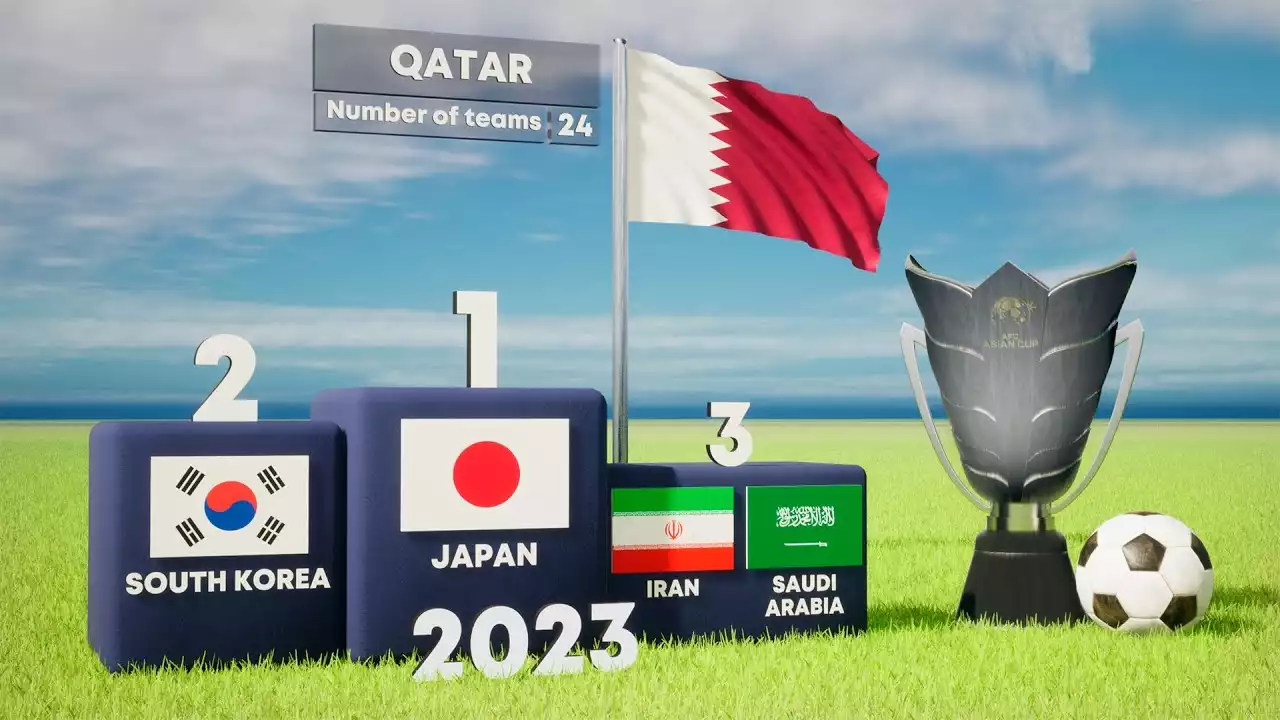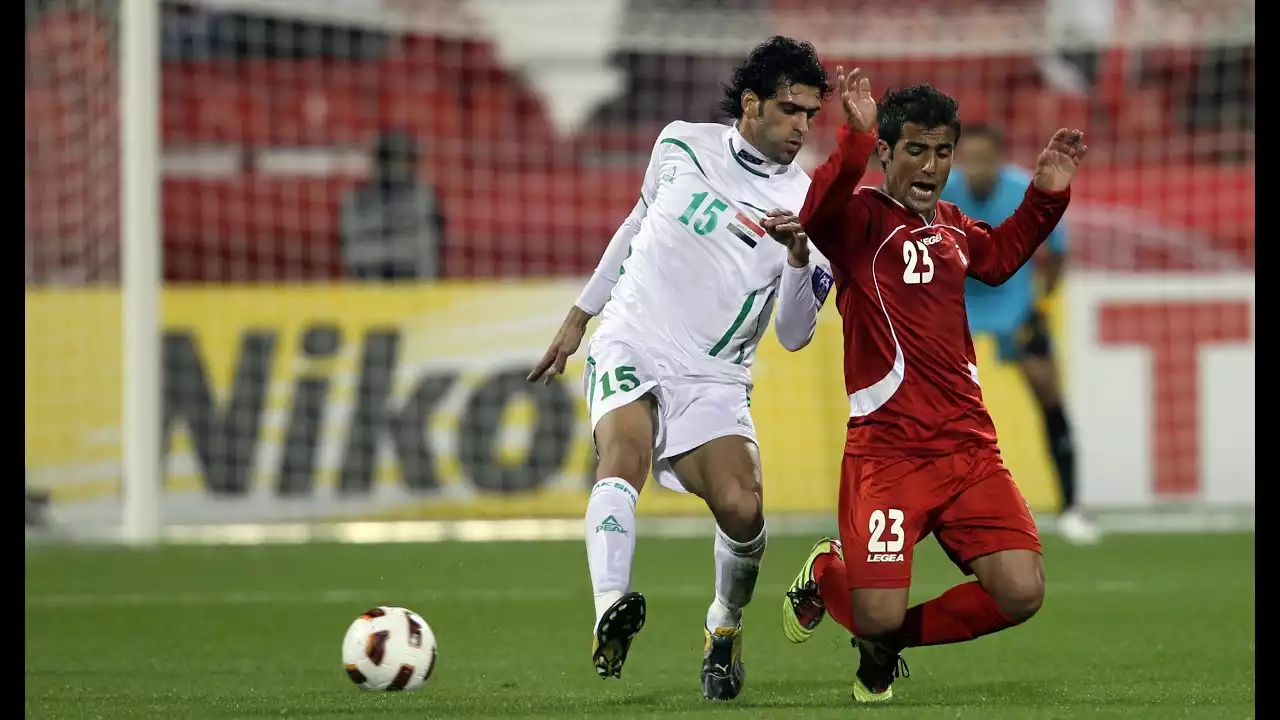History and Evolution of AFC Continental Tournaments
The history and evolution of AFC continental tournaments can be traced back to the early 1950s when the Asian Football Confederation was established. Initially, the format of AFC tournaments was relatively simple, with a limited number of participating teams. However, as the popularity of football grew in Asia, so did the need for more competitive and expansive tournaments.
Over the years, AFC has continually refined its tournament formats to accommodate the increasing number of teams and improve the overall quality of competition. The introduction of qualifying rounds and group stages has allowed teams from different regions of Asia to compete against each other, enhancing the level of competition and providing more opportunities for teams to showcase their skills.
History and Evolution of UEFA Continental Tournaments
In contrast to AFC, UEFA continental tournaments have a longer history dating back to the 1950s with the establishment of the Union of European Football Associations. The initial tournaments were relatively small in scale, but as football grew in popularity across Europe, UEFA recognized the need for a more inclusive and competitive format.
UEFA responded by implementing qualifying rounds and group stages, allowing teams from various European countries to participate in the tournaments. The expansion of the tournament formats ensured that football powerhouses and emerging teams alike had the opportunity to prove their worth on the continental stage.
Format and Structure of AFC Continental Tournaments
AFC continental tournaments follow a multi-stage format, typically starting with a preliminary round or play-off stage. This stage allows teams from lower-ranked countries to compete for a place in the main tournament. The successful teams then progress to the group stage, where they are divided into groups and play against each other in a round-robin format. The top teams from each group advance to the knockout rounds, leading to the ultimate crowning of the continental champion.
The AFC Champions League, the premier club competition in Asia, follows a similar format. However, due to the larger number of participating teams, the AFC Champions League includes additional qualifying rounds to determine the final group stage participants. The tournament culminates in a knockout stage, where the remaining teams battle it out for the title.
Format and Structure of UEFA Continental Tournaments
UEFA continental tournaments, such as the UEFA European Championship and the UEFA Champions League, have a similar structure to AFC tournaments. The tournaments consist of qualifying rounds, group stages, and knockout rounds. However, there are some notable differences in the number of participating teams and the format of the competitions.
For instance, the UEFA European Championship features a qualifying phase where national teams from different European countries compete for a place in the final tournament. The successful teams then enter the group stage, where they are divided into groups and play against each other. The top teams from each group, along with the best-performing runners-up, advance to the knockout stage, leading to the crowning of the European champion.
Differences in Qualification Process Between AFC and UEFA Tournaments
One of the key differences between AFC and UEFA tournaments lies in the qualification process. AFC tournaments often feature preliminary rounds or play-offs, allowing teams from lower-ranked countries to have a chance to compete in the main tournament. This provides an opportunity for teams to showcase their abilities and potentially upset more established football nations.
On the other hand, UEFA tournaments have a more extensive qualification phase, involving national teams from all European countries. The qualification process can be highly competitive, with teams battling it out in a series of matches to secure a spot in the final tournament. The rigorous nature of the qualification process ensures that only the strongest teams from Europe participate in UEFA tournaments.
Comparison of Competition Level and Teams in AFC and UEFA Tournaments
When comparing the competition level and teams in AFC and UEFA tournaments, it becomes evident that UEFA tournaments often feature a higher standard of play. European football has a long-standing tradition and a rich history, with many of the world's top football clubs and players hailing from Europe. As a result, UEFA tournaments showcase the best of European football, pitting powerhouse teams against each other in fierce battles for continental glory.
While AFC tournaments may not have the same level of global recognition as UEFA tournaments, they have seen significant growth and improvements in recent years. The rise of football in Asia has led to increased investment, better infrastructure, and the development of talented players. As a result, AFC tournaments have become more competitive, with teams from Asia making their mark on the global football stage.
Financial Aspects and Sponsorship Opportunities in AFC and UEFA Tournaments
The financial aspects and sponsorship opportunities in AFC and UEFA tournaments differ due to the varying levels of commercialization and market sizes. UEFA tournaments, especially the UEFA Champions League, attract substantial sponsorships and broadcasting rights deals. The popularity of European football and the large viewership numbers make UEFA tournaments highly lucrative for sponsors and advertisers.
AFC tournaments, while still attracting significant sponsorships, may not command the same level of commercial interest as UEFA tournaments. However, the growing popularity of football in Asia presents opportunities for increased investment and sponsorship deals in the future. As Asian football continues to develop, there is potential for AFC tournaments to become more financially lucrative and attractive to sponsors.
Fan Engagement and Viewership of AFC and UEFA Tournaments
When it comes to fan engagement and viewership, both AFC and UEFA tournaments have dedicated fan bases. UEFA tournaments, with their rich history and high-profile teams, attract a global audience. The UEFA Champions League, in particular, draws millions of viewers from around the world, creating a sense of excitement and anticipation with each match.
AFC tournaments also have a passionate following, with football fans across Asia supporting their favorite teams. The AFC Asian Cup, for example, generates significant interest and viewership among Asian football enthusiasts. As the popularity of football continues to grow in Asia, AFC tournaments have the potential to attract an even larger and more diverse fan base.
Which Continental Tournament Format is Better?
The question of which continental tournament format is better, AFC or UEFA, is subjective and depends on various factors. Each tournament offers its own unique set of challenges and opportunities for teams and players. The AFC format allows teams from different regions of Asia to compete against each other, promoting diversity and providing exposure for emerging teams. On the other hand, UEFA tournaments showcase the best of European football and offer a higher level of competition.
Ultimately, the preference for one format over the other will depend on individual perspectives and preferences. Football enthusiasts can appreciate the distinct characteristics and dynamics of AFC and UEFA tournaments, recognizing the value they bring to the sport at an international level.
AFC and UEFA continental tournaments may share similarities in their overall structure, but they also have notable differences. Understanding these differences allows us to appreciate the unique challenges and opportunities faced by teams in each region. Whether it's the rich history and competition of UEFA tournaments or the growth and potential of AFC tournaments, both formats contribute to the global appeal of football and provide fans with thrilling matches and unforgettable moments. So, the next time you tune in to watch a continental tournament, take a moment to appreciate the beauty of the game and the diverse tournament formats that showcase it.









